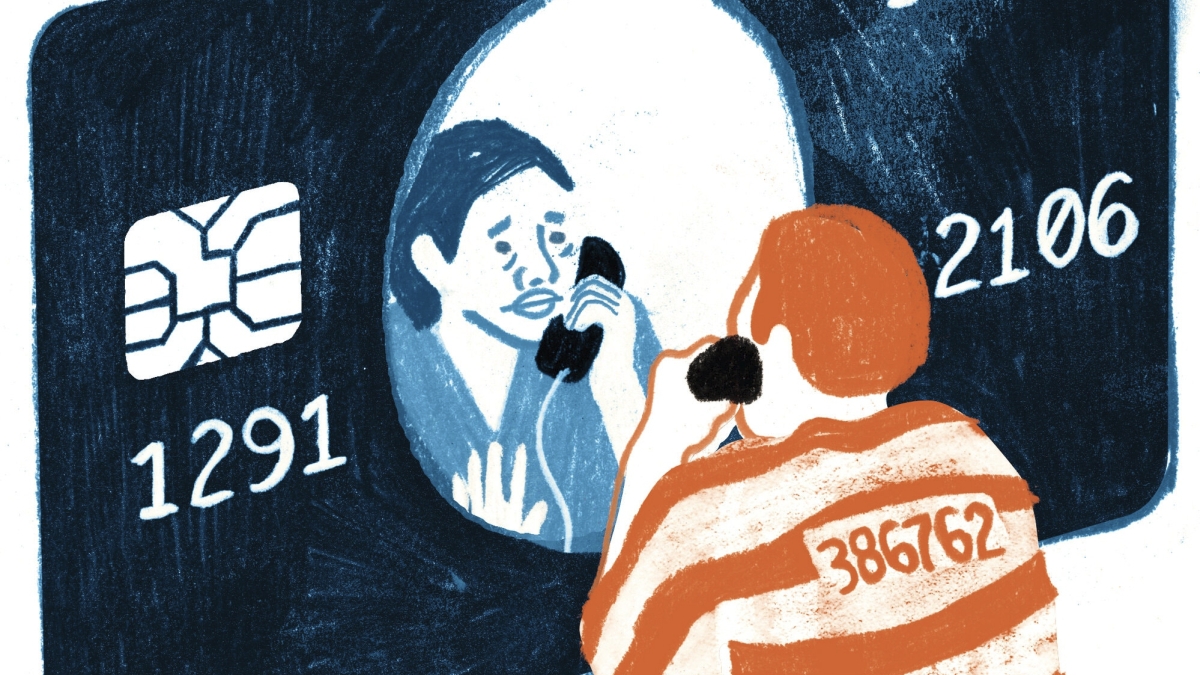For incarcerated people like John J. Lennon, access to communications comes at a steep price.
In an op-ed for the New York Times, John discusses the impact JPay — a prison communications platform — has had on him, his career, and his day-to-day existence, both positive and negative.
EXCERPT
Mom will probably die before I get out of prison. Her Parkinson’s has advanced over the years, so she can’t visit. Until recently, I’d accepted that I’d never see her again. But lately, she’s been sending me 30-second videos: Mom and Magic, her fat, one-eyed black cat, showing me love through the seven-inch screen of a tablet made by a service provider called JPay. It costs her about a dollar to send each message; to me, they are priceless.
In 2019, JPay, which is owned by the prison communications firm Securus Technologies, gave more than 40,000 prisoners in New York State correctional facilities free tablets. The company also installed kiosks where we sync our devices to send and receive emails (and videos) and download purchased music, games and movies. The tablets were free, but we have to pay fees, sometimes steep ones, to access content and communicate on them. They brought us into the 21st century. But now Securus is facing challenges.
